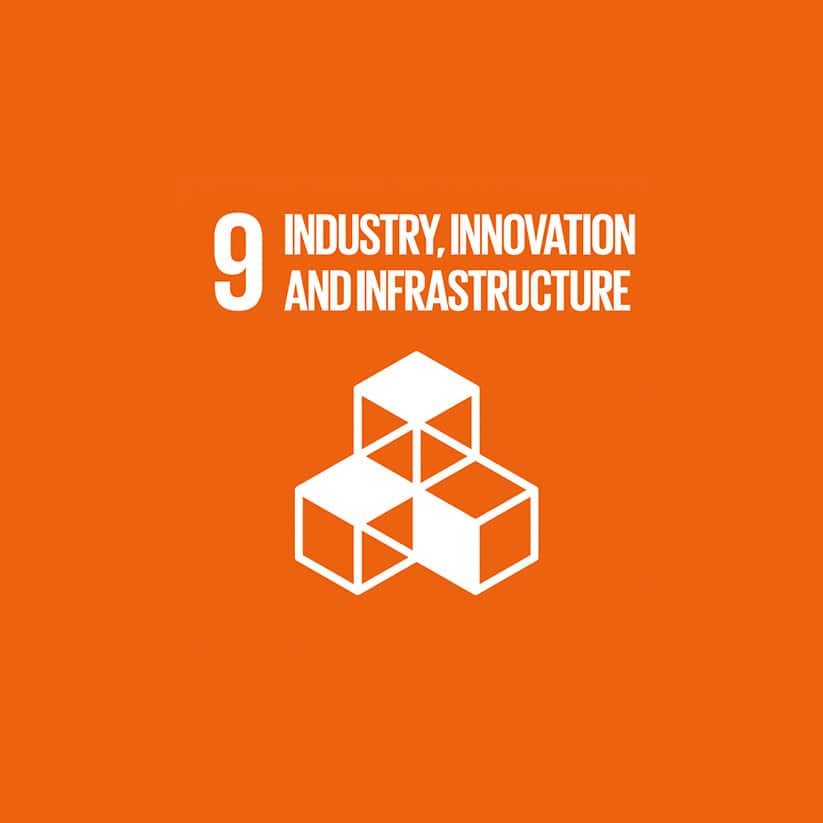
Making waves
Marine professionals
The marine industry is intricately embedded in the global economy, taking raw materials to factories and power stations, and then transporting the finished products to arrive at the shops on time.
“Without shipping, the world, life, and the whole economy would change dramatically,” says Chris Goldsworthy, CEO of the Institute of Marine Engineering, Science and Technology (IMarEST).
The institute is committed to improving professional standards and furthering the careers of the engineers, scientists, and technologists who work in the marine industry. As the first body to bring together all these disciplines within one professional organization, it operates as a single entity, overseeing different areas, from research, design, and building through to the operational stage.
Its members’ expertise means it is well placed to provide input on proposed legislation, safety campaigns, sustainability, and environmental awareness. It is also deeply involved in marine science and environmental protection, with special interest groups dedicated to ship emissions, oceanology, ocean plastics, and marine life.

Where in the world?
IMarEST was founded in the UK in 1889 and is the largest marine-related body in the world. Almost half of the institute’s members are based outside the UK, but with such a global membership, it maintains links to similar transnational associations.
The institute is engaged with eight legislative bodies, including the International Maritime Organization (IMO), the UN agency responsible for regulating maritime transport. It also works with a variety of partners in both the corporate world and academia.

A sea change
Given that there is a shortage of some 80,000 seafarers, the institute is engaging with education and training to help with career development. Career Pathways shows the routes people can take as they advance through the industry, while the Sea Your Future program focusses on those at the early stage of their careers – students, apprentices, cadets, and graduates.
IMarEST also reaches out to schools to make students aware of the benefits of a marine career. “I want us all as a team to focus on being relevant not only to present members but also future potential members,” says Goldsworthy.
As for the present workforce, the organization is working towards bringing in more diversity and inclusion. As IMarEST supports governments and the IMO on redesigning the seafarer training regulations and requirements, it has the tools to do so.
What does a sustainable future look like?
For IMarEST, a sustainable maritime future involves tackling key challenges that require the organization’s skills in engineering, science, and technology. Through technical breakthroughs, climate conservation solutions, and sea-going operations, IMarEST is in alignment with SDG 9, which aims to build resilient infrastructure, promote inclusive and sustainable industrialization, and foster innovation.
One area in which IMarEST is applying innovation to hit sustainability targets is the decarbonization of the industry, with a shift towards low or zero carbon fuels. Shipping is already three times less emitting than transportation by trains, ten times less than lorries, and 80 times less than by plane, but “even though our percentage of emissions is lower, we can always do better,” says Goldsworthy.
Did you know?
IMarEST has around 12,000 members in 120 countries, and 50 branches worldwide.
More SDG projects


SDG 2: Zero Hunger

SDG 3: Good Health and Well-being

SDG 4: Quality Education

SDG 5: Gender Equality

SDG 6: Clean Water and Sanitation

SDG 7: Affordable and Clean Energy

SDG 8: Decent Work and Economic Growth

SDG 9: Industry, Innovation, and Infrastructure

SDG 10: Reduced Inequalities

SDG 11: Sustainable Cities and Communities

SDG 12: Responsible Consumption and Production

SDG 13: Climate Action

SDG 14: Life Below Water

SDG 15: Life on Land

SDG 16: Peace, Justice, and Strong Institutions




